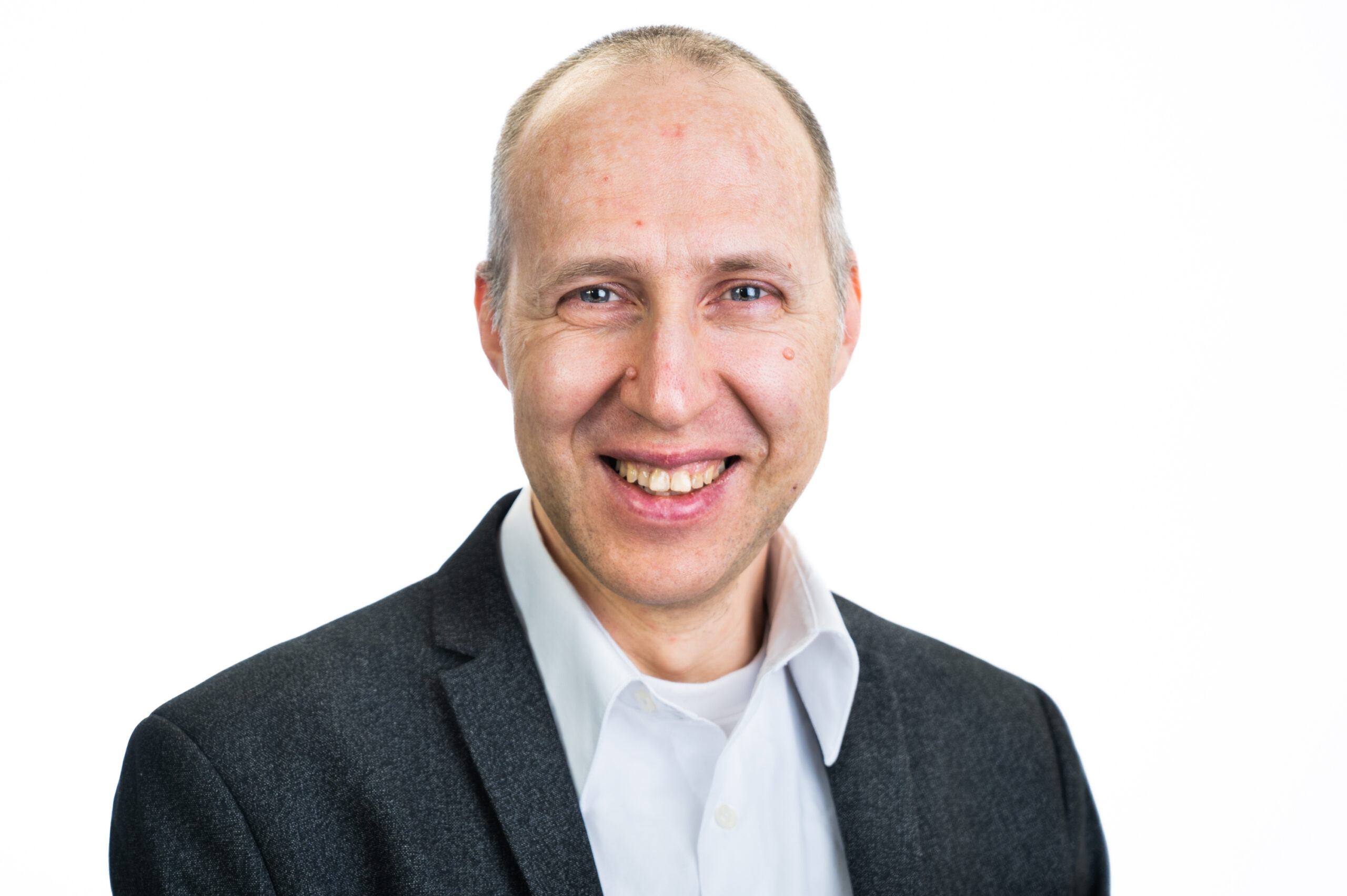KTH Royal Institute of Technology
Superconducting materials with broken time reversal symmetry and fractional-flux-quanta-based cryogenic computers
Academic project
PhD
Open
Research question
Data processing and computations are based on a realization of information-carriers: bits. The realization of bits is based on the nature of excitations in a material. For example, magnetic excitation or ferroelectric excitations for magnetic or ferroelectric memory. Data processing in semiconductors is based on the control and manipulation of electric charges. We will investigate the new kinds of excitations, which discovery was reported in SCIENCE 3 Vol 380, Issue 6651 pp. 1244-1247 (2023) : fractional vortices that can be used to process and store information. We will explore if these excitations could be controlled and manipulated at dramatically lower energy costs.
Sustainability aspects
Global digitization posed the unresolved problem of information technology’s environmental/climate impact. A paradigm shift in supercomputing is required to limit the energy consumption of future data centers to reconcile the digitization and sustainability at the global scale. A paradigm shift in supercomputing is required to limit the energy consumption of future data centers to reconcile the digitization and sustainability at the global scale. Such a paradigm shift can be enabled by shifting the data centers from semiconductor-material-based to superconducting-materials-based electronics.

KTH Royal Institute of Technology
Egor Babaev
Professor
babaev@kth.se
Explore projects under the WISE program
WISE drives the development of future materials science at the international forefront. The research should lead to the development of sustainable and efficient materials to solve some of today's major challenges, primary sustainability. On this page you can read more about our research projects.
Explore projects